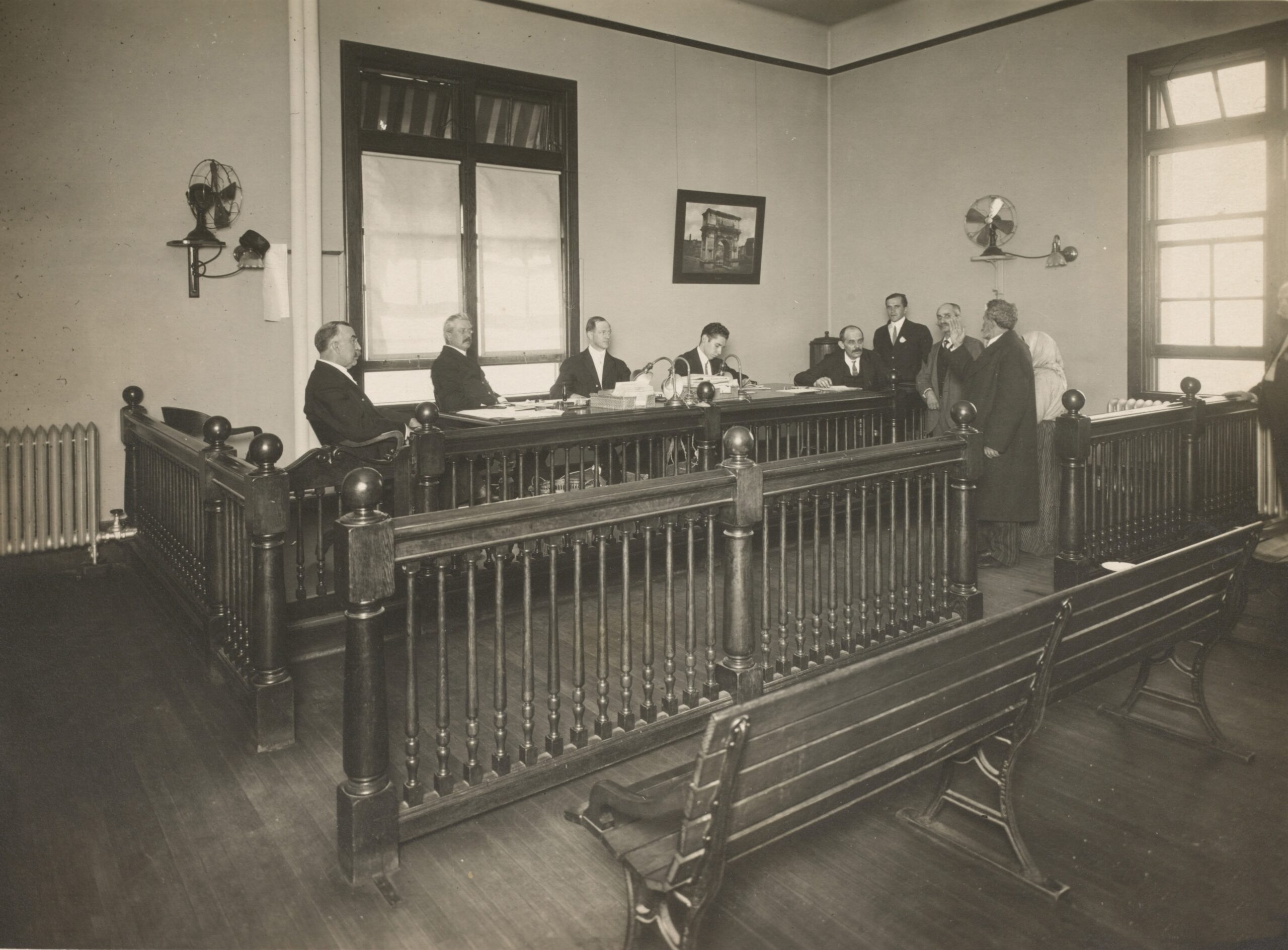California Penal Code section 16470 defines a “dirk” or “dagger” as a knife or other instrument that is readily capable of being used as a stabbing weapon that may inflict great bodily injury or death. The definition includes a non-locking pocket knife, but only if the blade of the knife is “exposed and locked into position.”
If this sounds like a contradiction in terms, it may very well be. Which is exactly what the California Court of Appeals was asked to clarify in a recent decision.
A jury decided that a Swiss Army knife the defendant had in his possession, its blade open and exposed, fell within the definition of a stabbing weapon under Section 16470. The jury found him guilty of carrying a concealed dirk or dagger in violation of Penal Code section 23130.
On appeal, the defendant challenged the law as being unconstitutionally vague. He also claimed that there was insufficient evidence to support his conviction because the blade of his knife could not be locked.
The Court reversed his conviction on grounds that there was no substantial evidence to support the jury’s verdict that the concealed pocket knife met the definition of a dirk or dagger.
People v. Emmanuel Castillolopez (Case No. D063394, Cal. App. 4th District, April 15, 2014)
In July 2012, a San Diego City police officer arrested Castillolopez after the officer conducted a pat-down search on the defendant during a confrontational traffic stop. The officer discovered an open Swiss Army knife inside the defendant’s jacket pocket. The District Attorney’s office filed criminal charges, alleging that Castillolopez was in possession of a concealed dirk or dagger in violation of Penal Code section 23130.
The jury returned a guilty verdict against the defendant, who also admitted a prior prison conviction and a “strike.”
The defendant was sentenced to the lower state prison term of 16 months, doubled to 32 months as a result of his prior strike conviction, plus a one-year prior prison term enhancement, all authorized under California law, for a total of three years and 8 months.
The defendant appealed his judgment, claiming:
1. The definition of “dirk” or “dagger” in section 16470 is unconstitutionally vague because it does not clearly define the terms “non-locking folding knife” or “locked into position.” Therefore, section 16470 does not give fair notice of what kind of knife is prohibited and it invites arbitrary enforcement by the police;
2. There was insufficient evidence to support the jury’s finding that the Swiss Army knife was a dirk or dagger within the meaning of sections 16470 and 21310 because an unaltered Swiss Army knife like his “can never be locked into position”; and
3. The court committed prejudicial error when it failed to properly instruct the jury on the meaning of the phrase “locked into position” in section 16470.
How Did the Court Rule?
The Appellate Court disagreed with defendant’s argument that section 16470 defining a “dirk” or “dagger” is contradictory and rejected his claim that the statute is unconstitutionally vague. The panel concluded that the plain and commonsense meaning of the phrase “locked into position” is “firmly fixed in place or securely attached so as to be immovable.” 
However, the Court agreed with the defendant’s contention that a Swiss Army knife like his can never be “locked into position.” The panel found that an open-folding pocket knife blade capable of collapsing upon striking an object is capable of moving, and thus is not immovable.
The Court held: “there is no substantial evidence from which a rational trier of fact could reasonably find beyond a reasonable doubt that the fully opened or exposed blade of the concealed folding Swiss Army knife Castillolopez was carrying at the time of his arrest was firmly fixed in place or securely attached so as to be immovable, such that it was locked into position within the meaning of section 16470.”
Due to insufficient evidence, the Court determined that the accused could not be found in violation of California law prohibiting the concealed carry of a dirk or dagger under Penal Code section 21310.
Accordingly, the Court reversed his conviction.
Was This a Fair Decision?
Yes. It is not at all difficult to understand why a police officer would want to haul this defendant in for allegedly possessing a concealed weapon, given his previous history as a convicted violent felon. However, we’re talking about a pocket knife. A rush to judgment, combined with bad facts caused a jury to reach the wrong conclusion. Unfortunately, this happens at trial all too often.
The evidence in this case did not support the jury’s finding of guilt. The Appellate Court’s holding is correct.
What Does This Decision Mean?
Many people carry a Swiss Army or pocket knife with them in public. Generally, these items are considered tools, not stabbing knives.
However, if you do carry around a pocket knife, always remember to keep it closed when you are not using it. Though it may not be able to lock into position and thus may not be legally defined as a dirk or dagger, you don’t need the aggravation of being arrested by police officers who may suspect you of carrying a dangerous or concealed weapon.
If you are charged with carrying a concealed weapon, know that an experienced criminal defense attorney may be able to get the charges reduced or dismissed before your case is considered by a jury if the evidence doesn’t support the allegations against you.
Contact Wallin & Klarich Today
If you or someone you care about has been charged with unlawful possession of a dirk or dagger, contact an attorney at Wallin & Klarich right away. Our experienced criminal defense attorneys at Wallin & Klarich are available immediately to assist you.
Our attorneys at Wallin & Klarich have over 30 years of experience successfully defending our clients facing charges of possession of a dirk or dagger. Hiring an attorney from Wallin & Klarich is your best chance to avoid the serious consequences of a criminal conviction such as imprisonment, substantial fines and other collateral consequences, including deportation if you are not a U.S. citizen.
With offices in Los Angeles, Sherman Oaks, Torrance, Tustin, San Diego, Riverside, San Bernardino, Ventura, West Covina and Victorville, our criminal defense attorneys at Wallin & Klarich are available 24 hours a day, 7 days a week to provide you with the very best legal representation. Our priority is to help you get the best result possible in your case.
Call us today at (888) 280-6839 for a free telephone consultation. We will get through this together.



